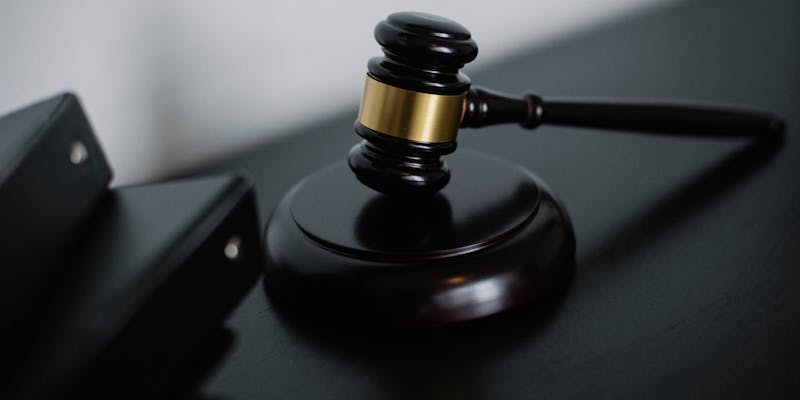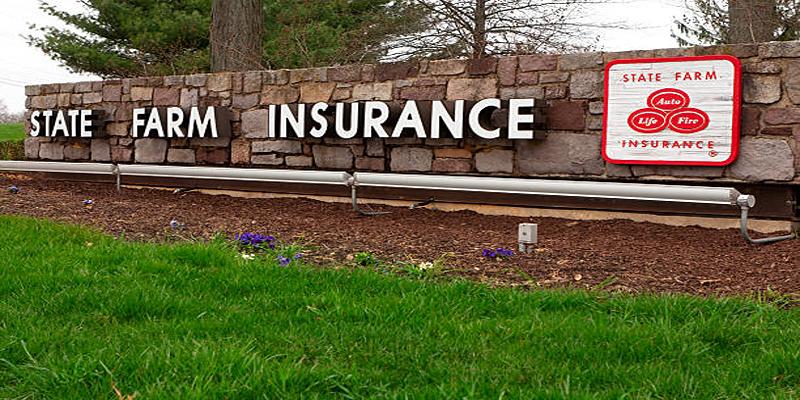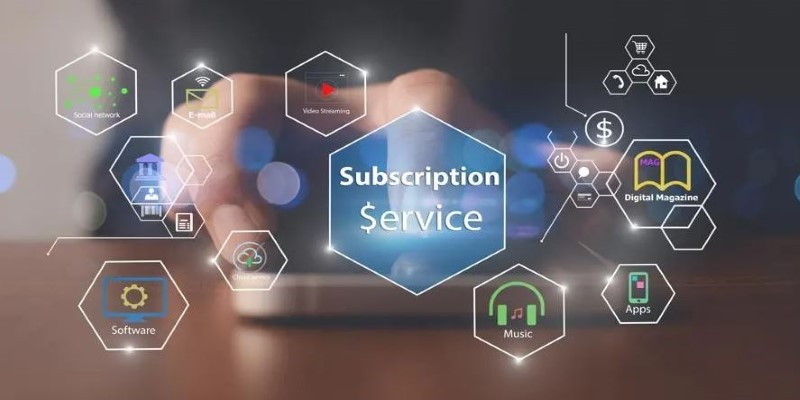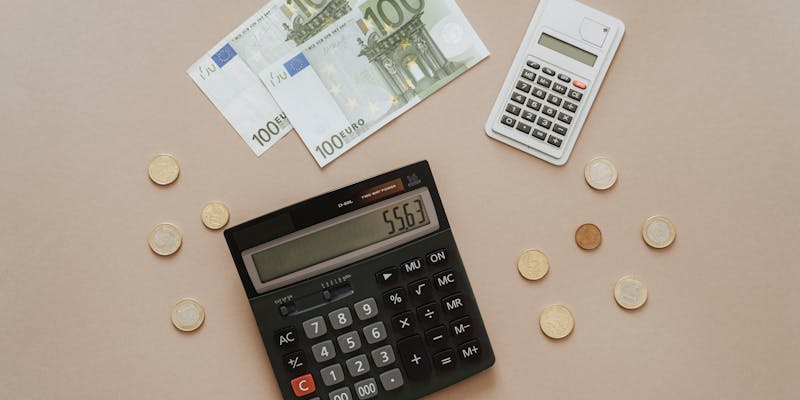What You Need to Know About Unsecured Personal Loans
Unsecured personal loans are a popular choice for those who need to borrow money without providing any collateral. These loans are based on your creditworthiness and do not require you to put up assets like your home or car as security. This flexibility makes them accessible to many people, especially if you need funds quickly. Whether you want to consolidate debt, cover unexpected expenses, or finance a big purchase, an unsecured personal loan can be a useful financial tool. However, before applying, it's important to understand the interest rates, fees, and terms to ensure it's the right option for you.
Understanding Unsecured Personal Loans
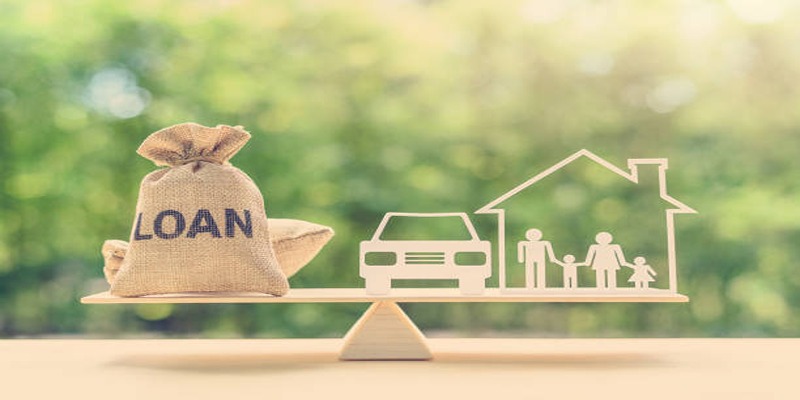
Unsecured personal loans, also referred to as signature loans, are a sort of loan that doesnt involve pledge of any security. This means that the lender cannot attach an asset to your loan in case you are unable to pay back in full. However, these loans only depends on your credit score and your income to qualify and the rate you will be charged. The higher your credit score the higher your chances of being approved for a bigger amount with small or no interest rate at all.
How they differ from secured loans?
The secured loans force you to offer an asset in exchange for the loan by using that asset as security for the loan. This can be in form of a house,car or any other property of value that the cash secured is relating to. In case you default the loan, it is lawfully permissible for the loaning institution to take away your security for the debt. Due to this, secured loans as a type of personal loan has got better interest rates, and also, the limits on borrowing are usually higher than of unsecured personal loans.
Benefits of Unsecured Personal Loans
There are several benefits to choosing an unsecured personal loan over other forms of borrowing:
1. No collateral required
An unsecured personal loan is a more suitable offer for a borrower since it is provided without collateral and might be less dangerous. This implies that a high level of personal security has to be associated with the source of finance because you cannot afford to lose your valuable assets in the event that you are unable to meet your payment obligations.
2. Easy application process
Unlike secured loans, which often involve lengthy processes and paperwork, unsecured personal loans have a simpler application process. Many lenders offer online applications that can be completed in minutes, making it easier to borrow money when you need it quickly.
3. Flexible use of funds
With an unsecured personal loan, you have the freedom to use the funds however you wish. Whether you need to consolidate debt, cover unexpected expenses, or finance a big purchase, there are no restrictions on how the money can be used.
4. Fixed interest rates
Most unsecured personal loans have fixed interest rates, meaning your monthly payment will remain the same throughout the life of the loan. This makes it easier to budget and plan for repayment.
Considerations Before Applying
Before deciding to take out an unsecured personal loan, it's important to carefully evaluate your financial situation and needs:
1. Check your credit score
Since unsecured personal loans rely heavily on creditworthiness, it's important to know where you stand before applying. A higher credit score can result in a lower interest rate and better loan terms, so it's worth taking the time to improve your credit if needed.
2. Understand the costs
While unsecured personal loans may be convenient and accessible, they often come with higher interest rates compared to secured loans. Additionally, some lenders may charge origination fees or prepayment penalties. Make sure to carefully read the terms and conditions of the loan before signing on.
3. Consider alternative options
If poor credit prevents you from obtaining an unsecured personal loan with favorable terms, consider exploring alternatives. You might borrow from family or friends, opt for a secured loan, or seek guidance from a credit counseling agency.
Eligibility Criteria
Each lender may have different eligibility criteria for unsecured personal loans, but some common requirements include:
- Good credit score: Most lenders prefer to see a credit score of 660 or above.
- Proof of income: Lenders want to ensure you have the means to repay the loan, so they will request pay stubs or bank statements to verify your income.
- Low debt-to-income ratio: This is the portion of your monthly income allocated to debt repayment. Ideally, it should be under 43%.
Application Process
If you've decided an unsecured personal loan is the right option for you, here are the general steps to follow when applying:
- Research lenders: Compare interest rates, fees, and terms from different lenders to find the best option for your needs.
- Gather necessary documentation: This may include proof of income, identification, and other financial documents depending on the lender's requirements.
- Fill out an application: Most lenders have online applications that can be completed in a matter of minutes.
- Submit application and wait for approval: The lender will review your application and credit score to determine your eligibility and interest rate.
- Receive funds: If approved, the funds will be deposited into your bank account, usually within a few business days.
Tips for Choosing the Right Loan
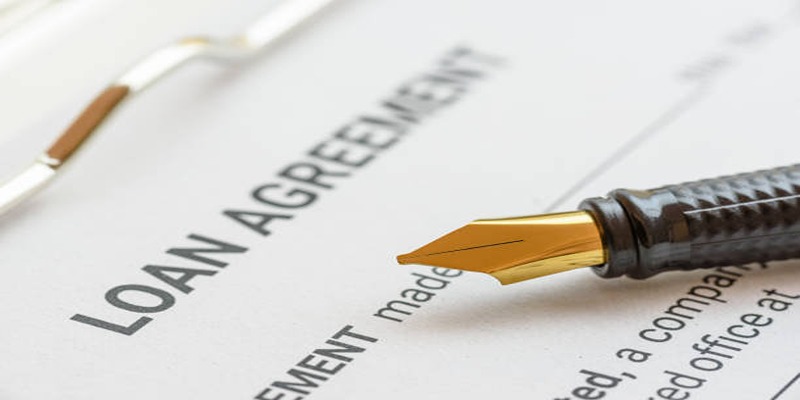
When considering an unsecured personal loan, keep these tips in mind to ensure you make the best decision for your financial situation:
- Compare multiple lenders: Don't settle for the first offer you receive. Shop around and compare interest rates, fees, and terms from different lenders.
- Read reviews: Check out online reviews or ask friends and family for recommendations to find reputable lenders.
- Consider repayment options: Make sure the monthly payments fit within your budget and consider any prepayment penalties if you plan on paying off the loan early.
Managing Your Loan Responsibly
To make the most of an unsecured personal loan and avoid any potential financial pitfalls, it's important to manage the loan responsibly. This includes making timely payments, sticking to a budget, and avoiding taking on additional debt while paying off the loan. By being responsible with your borrowing, you can benefit from the convenience and flexibility of an unsecured personal loan without putting yourself at risk for financial hardship.
Conclusion
Unsecured personal loans can be a valuable financial tool when used wisely. They offer flexibility, quick access to funds, and the freedom to use the money for various purposes without risking your assets. However, it's essential to be mindful of the costs associated with these loans, such as higher interest rates and potential fees. By carefully assessing your financial situation, comparing lender options, and managing your repayment plan effectively, you can make the most of an unsecured personal loan and achieve your financial goals without encountering unnecessary risks.

